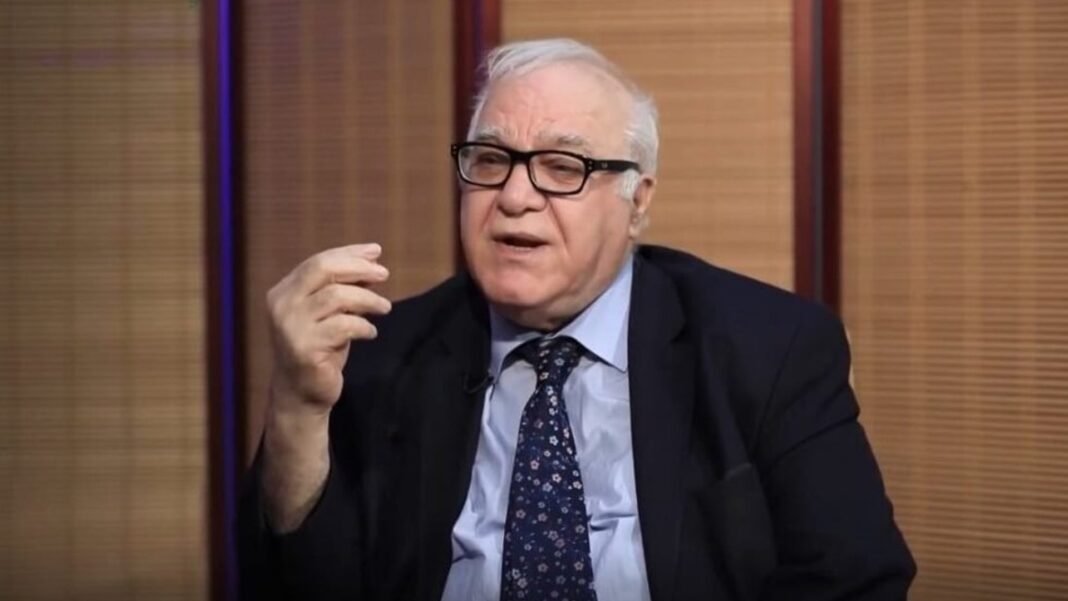Iraq financial revenues climbed to more than 72.35 trillion dinars between January and July 2025, according to official data. The Ministry of Finance announced the figures, highlighting the importance of oil exports to the nation’s budget.
The report showed that revenues from oil exports surged sharply, increasing by 90 percent over the previous month. Oil earnings totaled about 64.96 trillion dinars, equal to nearly $49.6 billion. Non-oil revenues added 7.75 trillion dinars, around $5.9 billion, reflecting ongoing efforts to diversify Iraq’s economy.
Government expenditures during the same period reached 64.27 trillion dinars, or roughly $49 billion. This left the country with a modest financial surplus, a rare achievement given past fiscal strains. However, officials warned that Iraq’s heavy reliance on oil exports keeps the budget vulnerable to volatile global markets.
For context, Iraq’s 2024 budget was calculated with oil priced at $70 per barrel. Lower projections were chosen to reflect market instability and safeguard against sudden drops in revenue. Still, higher-than-expected oil income provided temporary relief in 2025.
Prime Minister’s financial advisor Mazhar Saleh explained that although 2024 remained relatively stable, challenges persist. He stressed that projected income deficits in 2025 will require stricter financial controls. Saleh emphasized the need for cautious spending and stronger fiscal management in the months ahead.
Meanwhile, the Parliamentary Finance Committee has taken a more optimistic stance. Its latest estimates suggest non-oil revenues could reach $22 billion by the end of 2025. Lawmakers point to government programs aimed at expanding tax collection, supporting local industries, and attracting new investments.
The developments carry significant political and economic implications. Rising Iraq financial revenues may ease pressure on public services and infrastructure projects. Yet, the balance between oil income and non-oil growth remains critical for long-term stability.
Looking forward, the government must sustain reforms while navigating market fluctuations. Iraq’s ability to strengthen non-oil sectors will determine whether it can reduce its dependence on crude exports. For now, stronger oil performance has given leaders short-term breathing space, but long-term planning remains essential.





